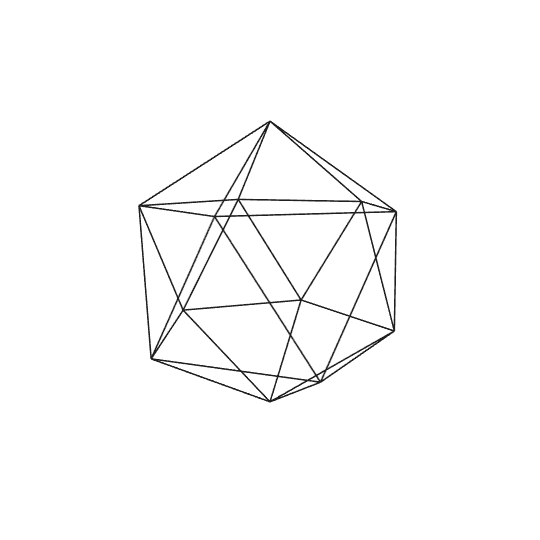Crafts
We accompany artisan ecosystems to help them not only make their initiatives viable, but to become a significant economic model in the change of model local economies.
If the past marks the borders and the future draws the possibilities, what is the line running through the current economy?
In a context of technological rapidity and globalization, the evolution of industry can lead to a system integrated with territory and trade. A process of industrial democratization, where crafts and industry merge to face the challenge of global markets by establishing an endogenous proposal, amplifying the values and culture of the territory. Tools such as Arduino, Raspberry Pi and other technologies of the "maker" paradigm allow the craft sector to integrate technological innovation into their creative processes. This not only improves the precision and efficiency of production, but also facilitates the creation of more personalized and innovative products, maintaining the authenticity of traditional techniques. This combination of crafts and technology can revitalize local shops, especially workshop stores, which recover productive and commercial activity at the same time, offering a model that connects directly with consumers and transforms the relationship with the territory.
These workshop shops, in the new paradigm, can act as centers of production, learning and innovation, where people in the territory develop digital and creative skills. This allows the use of local resources to create innovative products, generating employment opportunities and favoring entrepreneurship. This model not only revitalizes local trade, but also reconciles tradition with the future, offering artisans the ability to transform their own reality through creativity and know-how.
Through the adoption of these technologies, craftsmanship becomes an engine of social, cultural and economic change. Rather than being seen as an industry in decline, it can become a regenerative force that takes advantage of the inherent capabilities of the people and the endogenous resources of the territory. We believe that the future of crafts not only happens to the conservation of traditions, but to their constant adaptation and innovation, creating resilient, regenerative and cohesive local ecosystems. In this way, craftsmanship is reinvented as a key element for the economic and social development of communities.
“Without the tools and resources we have been integrating from the formations we have made with Resilience Earth we should not dream what we have become today or what we can become.”
- Carlota Rodríguez, artisan of the textile and promoter of La Iera.







